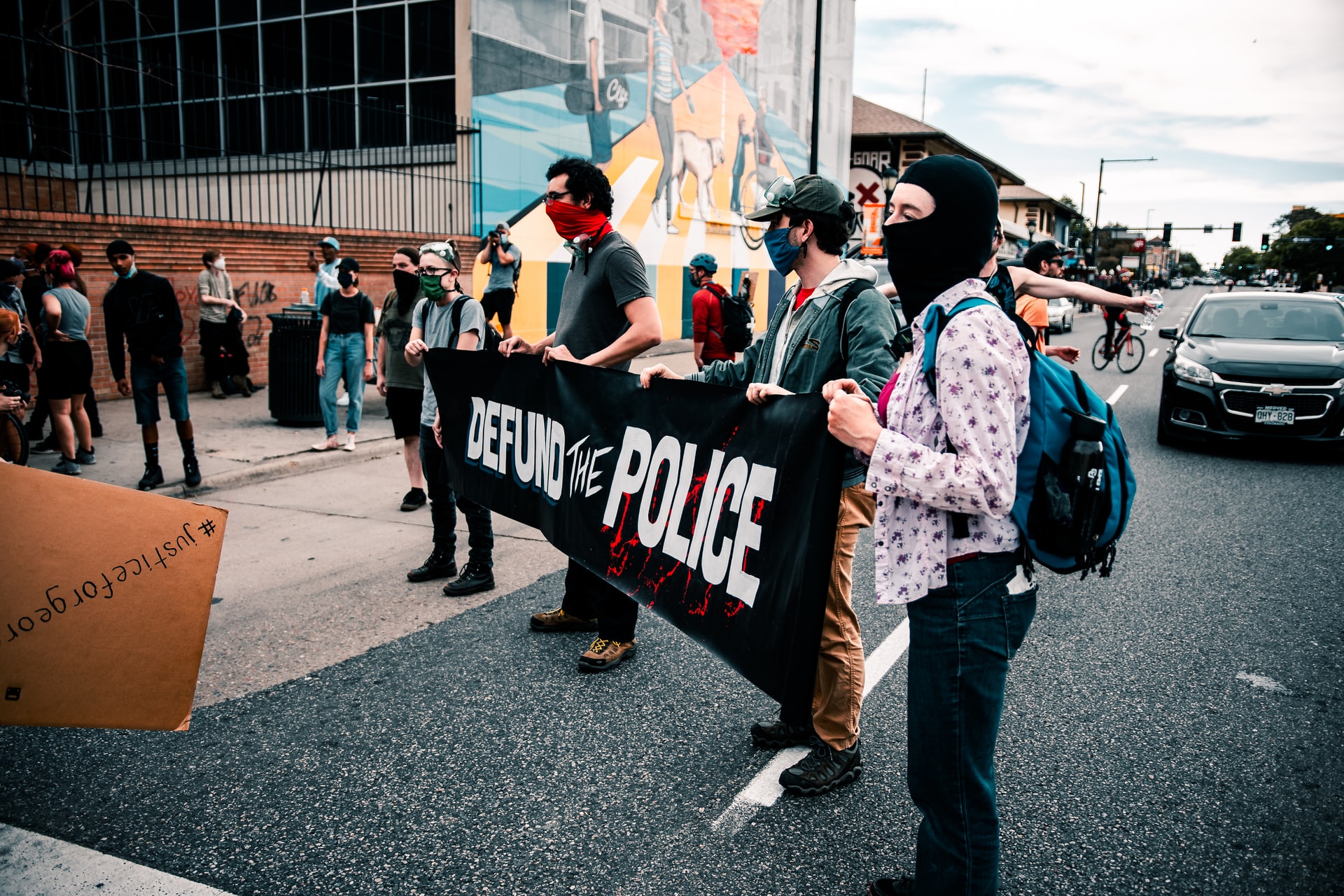“Defund the Police,” was about punishing the police; not helping those in need of better social services.

Quick, what’s the most effective way to advance change for a good cause? Start with something near-impossible which has almost no popular support or start with some easy, small wins that grow existing support?
If your impulse was the second one, congratulations: From the Humane Society to the Peace Corp, if non-profit organizations working for the social good, however they see it, spent all their time on the fondest, most far-fetched dreams of their dogoodery, nothing would ever get done.
“If we can’t do the hardest thing, we can’t do anything at all,” would see every charitable and humanitarian organization out of business in two-seconds flat.
PETA would very much like people to stop eating animals. Until that far-flung dream can come true, they are will to settle for putting fur purveyors out of business, improving living standards for farmed animals, and making live-animal circuses passe.
The Salvation Army would very much like to solve the country’s mental health/drug addiction/homelessness problems at the root with better mental health care, mandatory drug treatment programs rather than jail time for criminal offenders and any number of other excellent solutions.
Until that happens, the organization will do its best to house the homeless during the coldest months of winter and run its soup kitchens.
How can they be content to work on these piddling matters when people are dying in the streets?
They aren’t terrible people compromising their values: They have no choice. However hard these organizations work, injustice, violence, inequity, war, poverty, and man’s inhumanity to man will still exist. The people who work for good causes do so knowing there will never come a day when these things don’t exist.
If they wait for a perfect world in which to do their good works, they will wait forever.
Knowing this, they are planting a tree under which they know they will never sit. They work at a task that isn’t likely to be finished in their lifetimes. If ever.
How can passionate police defunders work with criminal justice reformers who are willing to settle for incremental improvements in the justice system? Because they must. Incremental improvements are about the most human beings can manage, most of the time, and perfection is quite beyond us.
It isn’t about “settling” or “selling out”: It’s about reality versus a refusal to accept reality. The reality is that after the public death of George Floyd, criminal justice reform had more popular support than it had perhaps ever had before.
Much of that public support has been squandered in the months since, as defunding efforts have coincided with a sharp rise in crime in many communities. Defenders of “defund the police”, of the few who are left, are quick to point out, as they long have, that it was branding rather than the plan which sank the effort.
“Defund the police,” they argue, should have been called, “fund mental health services, drug treatment programs, and more social workers to handle domestic violence incidents.”
No one supports these measures more than police officers. Repeat offenders who are mentally ill, drug overdoses, domestic violence cases: Police officers would love to have these cases taken over by other agencies better staffed, trained and funded to handle such things.
Proposing to do all that with money diverted from police budgets was less about getting anything done and more about punishing police officers. The government has plenty of money; federal, state, local. Tax dollars to help fund more social services could come from a hundred different places.
“Defund the Police,” was about punishing the police; not helping those in need of better social services. Otherwise, there would have been no need to tie those two totally unrelated budget items together at all.
However upset activists are about the system, there is no magic wand to make the U.S. a police-free society tomorrow. Worse, even if activists did manage to make every police department in the U.S. disappear into thin air, it wouldn’t eliminate our need for police officers.
Uniformed police officers- who incidentally, are the lowest paid individuals in law enforcement- are a diverse group of working-class people who spend their days responding to domestic violence calls, calls about people experiencing homelessness, helping people in the grips of drug addiction who are endangering themselves and others.
They pick up the pieces society has stuck them with: They aren’t drug addiction counselors, domestic violence specialists; they don’t get enough training in dealing with overdoses, psychotic episodes, mental breakdowns.
The lack of adequate mental health care in the U.S. is staggering. Closing the old state-run mental hospitals of yesteryear was the right thing to do: Doing nothing whatsoever with the mentally ill instead in all the years since was not.
Now, people suffering from mental illness are left to fend for themselves in the streets. They commit crimes and are arrested and rearrested. They are injured, they become ill; uniformed police officers are, due to society’s dereliction of duty, their only caregivers.
Why focus on defunding the police when there are so many measures that could be accomplished with far less effort?
Ending asset forfeiture, closing for-profit prisons, enforcing traffic violations by mail via traffic cams, ending the so-called War on Drugs. On the social services side, there is no shortage of work to be done either.
“Defund the police,” is for people who don’t want to do anything at all.
(contributing writer, Brooke Bell)